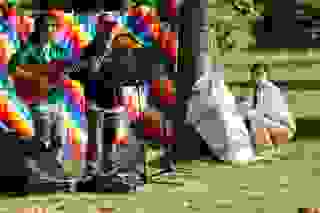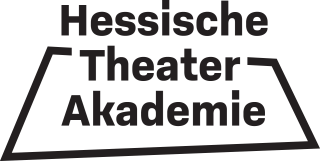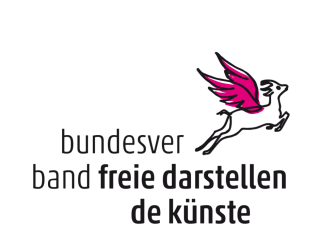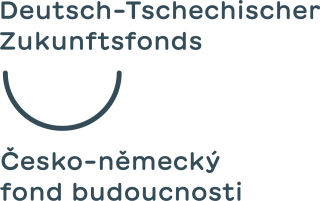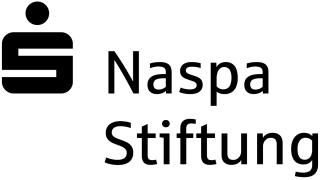with Amelia Uzategui Bonilla
-
09.11.
 14:00 – 17:00Workshop, Diskussion, Dance
14:00 – 17:00Workshop, Diskussion, Dance
These Learning Circles are based on the understanding that traditional Peruvian Afro-Andean dances such as the Marinera or the Festejo are contemporary examples that show the cultural complexity of Peruvians. The links of colonialism, racism, and capitalism are embodied in their dance contests. As a bodily praxis of repetition, dance has the power to inculcate the memorization and acceptance of narratives. These can become paternalism, racism, abelism, meritocracy and patriarchy, and follow eugenic structures like miscegenation. From a decolonial perspective, these same dances show us practices of resistance and rebellion. They formed empathy, solidarity and belonging. Independence and economic innovation were achieved. They were and are spaces of political education and communion. This is how the practice and discussion that will take place during these two Learning Circles in the framework of the project “¿Quién es el verdadero Huaquero?”, Circle #2 with the Marinera Norteña and Circle #3 with the Festejo de Ritmo, is conceived.
In our Learning Circles, we want to question the pain behind cultural pride. Dances such as the Marinera, typical foods such as the Carapulcra, or themes such as cultural appropriation (huaqueo,) tell us stories of suffering as well as of survival and resistance. They are stories that make us uncomfortable and by hearing them from multiple perspectives, we shift the map of power and practice memory.
With these meetings, we seek to regain dignity and raise awareness about our cultural practices and the narratives we have been told and continue to tell. In this way we build new practices of coexistence and assemble new inclusive identities that are flexible, changing, fugitive and indecipherable. Let us celebrate our complexity without seeking an official truth, giving rise to the recognition of oppressed perspectives.
Facilitation will be offered in Spanish, English and German.
How to participate?
For participants of all abilities, with and without disabilities. Babies and young children are also welcome with adult accompaniment.
-
Each event will have facilitation available in English, German or Spanish. Audio description and access assistance such as a pick-up service will be provided at our events. More information below in the individual events.
Accessibility
Credits
Concept and Artistic Direction: Amelia Uzategui Bonilla, Daniela Zambrano Almidón
Music/Sound Design: Mariano Sauco
Access Dramaturgy: Fabian Korner
Production Management: Jordan Tanner


